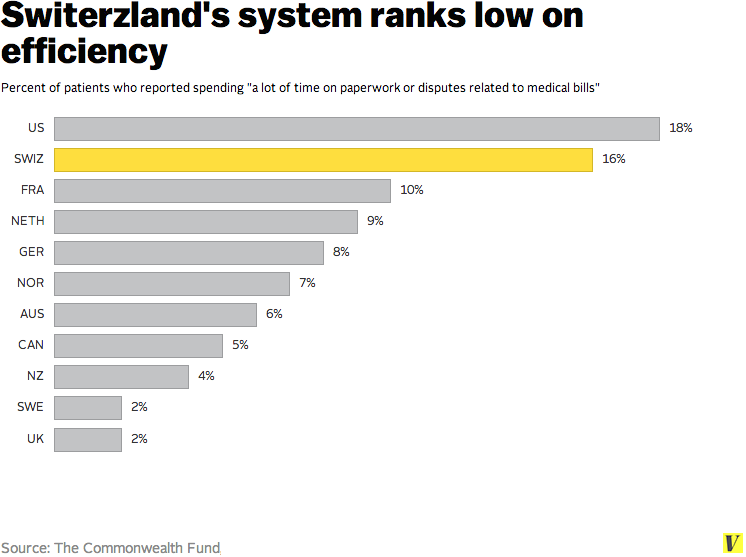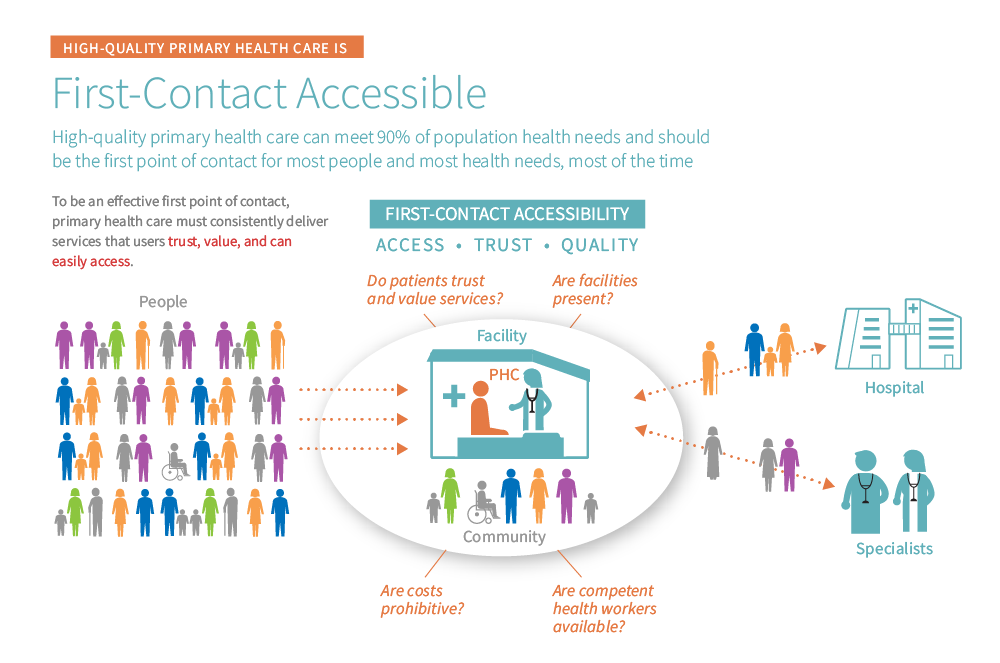You will need to complete the registration kind to apply this is not offered online, so you will need to call the Rgie or check out a Rgie workplace to acquire one. If you visit an office in-person, you can complete the form during the very same check out so long as you have the essential proof-of-identity documents with you.
Proof of residence in Quebec can be shown by offering a copy of a property lease, deed of purchase Rehabilitation Center for a home, or attestation from a company. Short-lived employees, who can offer an immigration file revealing their employer's name and mentioning they may operate in Quebec for at least six months, are likewise qualified for healthcare coverage in Quebec - what is fsa health care.
Health insurance in Saskatchewan is supplied by the Saskatchewan Health Authority. Permanent citizens and eligible short-term citizens relocating to Saskatchewan may be qualified for health protection on or before the very first day of their 3rd month after arriving in Canada. Copies of documents proving your legal privilege to be in Canada, residency in Saskatchewan, and identity needs to be supplied.

All medically essential services, consisting of both inpatient and outpatient services, are included with Saskatchewan Health Card protection. Saskatchewan likewise offers some additional services, consisting of dental services and prescription drugs, to advised individuals. Find out more about health care in Saskatchewan - what is health care policy. Yukon Healthcare Insurance offers coverage for citizens of the Yukon.
Brian Lindenberg April 16, 2012 In my last article for BenefitsCanada. com, I compared and contrasted the state of healthcare in this country at the time that the standard principles for the Canada Health Act were conceived (in 1961) and today. As the federal government is about to undertake an evaluation of this legislation, it is essential that all Canadians develop a viewpoint on the future of our healthcare system.
Initially, a crucial recognition: the healthcare dispute is charged with emotion. Canadians from all walks of life have different experiences with our health care system, and these type our viewpoints. My own experiences with our system have been normally favourableothers I know have actually had entirely difference experiences. Furthermore, there are those Canadians who are also health specialists working within the system who are continuously asked to do more with less.
Weighing each point of view is the next-to-impossible task put prior to the federal government as it develops a template for Canada's healthcare system that will last another 50 years. So with this very crucial caveat, let's consider what currently works well within our current health care system and what does not. Unlike in the U.S., no person of this nation is denied access to healthcare based on whether he or she can pay for to pay.
How To Lower Health Care Costs Things To Know Before You https://topsitenet.com/article/1033347-the-basic-principles-of-what-is-a-single-payer-health-care-system/ Get This
Universal healthcare specifies us as Canadians. Once you are in the system, the standard of care is excellent. For instance, health results in the locations of cardiovascular disease and numerous kinds of cancer are far much better than in the U.S., which recommends that we are doing many things right. Naturally, the operative words here are "as soon as you remain in the system." Clearly, reasonable access to care is a problem that this nation should attend to.
For each dollar invested on health care financing, far less gets invested in administration than in countries such as the U.S. Our system is far from perfect, but in relative terms, it is not bad. Canada has among the most expensive healthcare systems worldwide. We can aim to numerous other countries to see exceptional health for less cash.
Healthcare choices are frequently made based on "political palatability" or what's acceptable to the voting public versus what makes sense from a financial sustainability point of view or in regards to health outcomes. The decision-making process is complicated and frequently sluggish, and leads to little incremental modification rather than essential modification. We are most likely at a point in time where we require to ask the tough questionsbut the politics of decision-making will get in the method and we may not get to where we need to be.
The system has actually not kept up with the demands and expectations of the patient. Our healthcare system is substantial and, for that reason, not extremely nimble. Although lots of provinces are trying to alter this, our system remains focused on intense and persistent careaddressing the problem once it ends up being an issue. Many professionals agree that the focus should shift to avoidance and health promo.
The system has actually likewise not kept up with the changing face of disease and treatment. For instance, physical health remains the main focus of the system while mental disorder represents a substantial cost to the Canadian economy and society. Drug treatment is used extensively in the treatment of injury and disease, yet these expenses fall mainly beyond the general public system.
Health care financing across the country is far from consistent with access to care specified, in part, by your province of house. And this gap will only get larger as resource-rich provinces such are Alberta and Saskatchewan have the ability to invest more on a per capita basis than the other provinces.

So where to from here? A lot of the standard concepts embedded in the Canada Health Act still work. However, this essential piece of legislation needs to be updated to show the truths of today. The principles of public administration and the guidelines for what is "medically necessary" in particular requirement to be reviewed to guarantee that whether what was anticipated in 1961 still works today.
What Are Health Care Disparities Can Be Fun For Everyone
We can probably all agree on the objectiveto develop a structure for an economical, effective healthcare system that reacts to the medical needs of all Canadians. How we get there is subject to discuss. But we do need to arrive, and the dispute needs to begin now.
The Canadian healthcare system has been a resounding success since its intro in the country in 1967. The openly financed healthcare system offers health services that are primarily complimentary to Canadian residents and managed and administered on a provincial and territorial level assisted under the Canadian Health Act.
However, the public financed healthcare system does Addiction Treatment Delray not cover prescription drugs, home care or long-term care, prescription glasses or dental care, therefore Canadian residents pay for these services either out of their pockets or through personal medical insurance and employer-sponsored strategies. The healthcare system which is likewise called Medicare in Canada is offered to all citizens and is not identified by the finances of people.
These education programs look for to make people more mindful, so they can prevent injuries and provide a more proactive technique to general health problems so that ailments are found earlier therefore lowering their effect. These programs are totally funded by the Canadian government and go a long method in educating residents of any ages and backgrounds.
The Canadian Medicare thinks about the needs of kids, disabled people and the elderly. For seniors or veterans and handicapped children, there is a requirement for unique care and attention, and the healthcare system was developed with this in mind. Canadian medical insurance is a national health program called Canada Medicare (public health insurance).